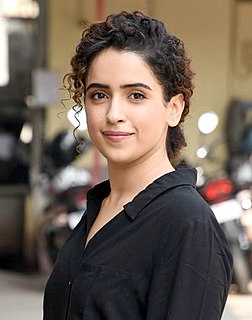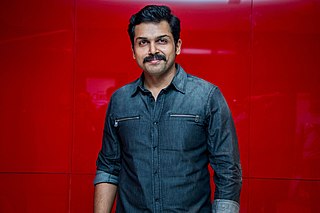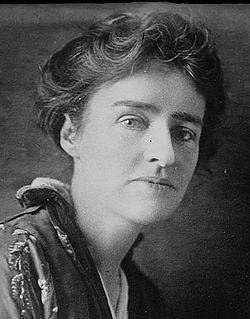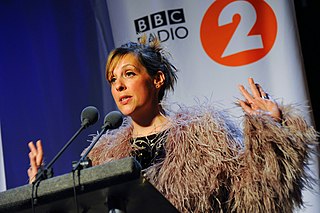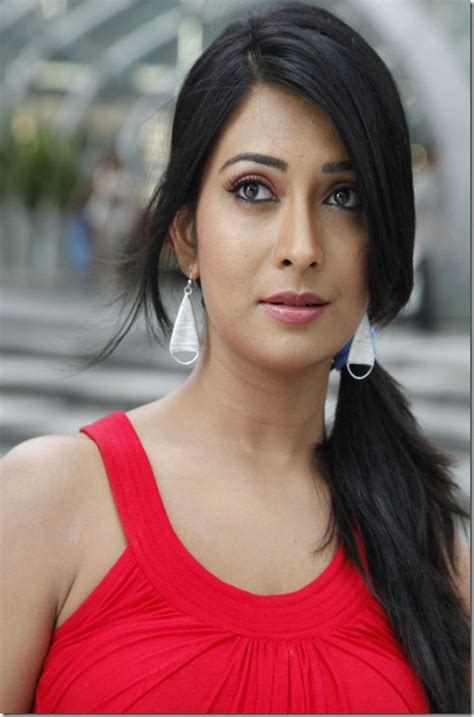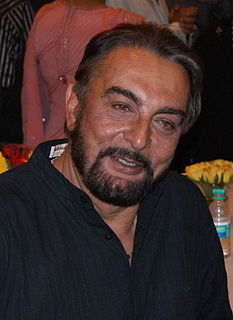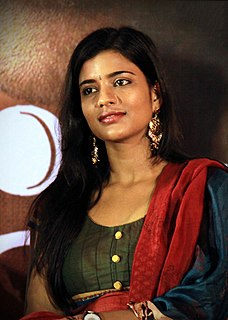A Quote by Ali
When I am dubbing for my character, if I laugh at the figure on the screen, I know I have done well.
Related Quotes
It isn't the big troubles in life that require character. Anybody can rise to a crisis and face a crushing tragedy with courage, but to meet the petty hazards of the day with a laugh - I really think that requires spirit. It's the kind of character that I am going to develop. I am going to pretend that all life is just a game which I must play as skillfully and fairly as I can. If I lose, I am going to shrug my shoulders and laugh - also if I win.
Rain Man certainly didn't test really well. If you look at it carefully, you have a disease autism they didn't understand back then, they didn't know in the test audience whether it's okay to laugh or not laugh, because it's a film that's done in a way where, "Well, maybe I'm not supposed to laugh." At the end of the film, Dustin Hoffman gets on the train and doesn't even acknowledge his brother. Not even a glance, nothing. That's why the studio said, "Can't you just have him look at Tom Cruise at the end of the film?"

